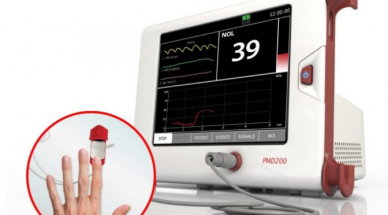
Israeli companies chosen for MedTech Innovator Showcase
Medasense for pain management and Vectorious for heart-failure monitoring were among 50 companies selected from a field of 800 applicants.
We offer you an overview of useful health news.

Medasense for pain management and Vectorious for heart-failure monitoring were among 50 companies selected from a field of 800 applicants.
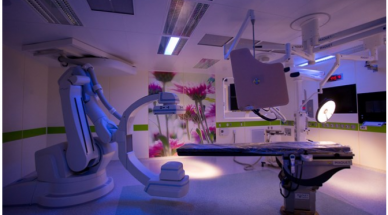
The Israel Innovation Authority and the Israeli Ministry of Economy and Industry on Wednesday announced grants of over NIS 25 million as part of an R&D program to support new and innovative medical technologies.

Third annual GlobalSTL Health Innovation Summit in St. Louis chooses 16 innovative companies, mostly Israeli, to present to healthcare execs and VCs.

Scientists at Tel Aviv University, working together with colleagues at Cambridge University in the UK and the Max Planck Institute in Gottingen and Ludwig-Maximilians-Universität München in Germany, say they have identified a novel method for detecting the early aggregation of a protein that signals the onset of Parkinson’s disease in mouse models.
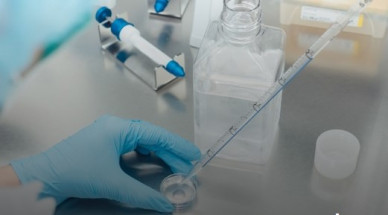
In the US, food allergies trigger anaphylactic shock in someone every six minutes. Israel's SensoGenic may have a way to cut those stats drastically.
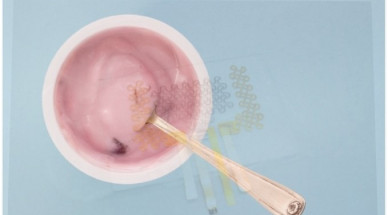
New research has revealed that men who eat two or more servings of yogurt per week may reduce their risk of developing pre-cancerous growths that can lead to bowel cancer. If the results can be replicated, yogurt may be a “widely acceptable modifiable factor” for bowel cancer, say the researchers.

For the first time, researchers have mapped the different types of cells in the lungs and identified key differences between healthy airways and airways affected by asthma in a study published in Nature Medicine. The findings could help advance the discovery of new drug targets for the condition.

Israel’s embrace of new technologies like AI in the medical field helps make the magic happen, says Philips Chief Innovation and Strategy Officer Jeroen Tas.
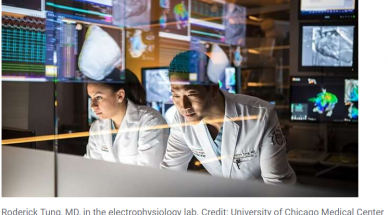
A new therapy to re-engage the heart's natural electrical pathways—instead of bypassing them—could mean more treatment options for heart failure patients who also suffer from electrical disturbances, such as arrhythmias, according to research led by the University of Chicago Medicine.